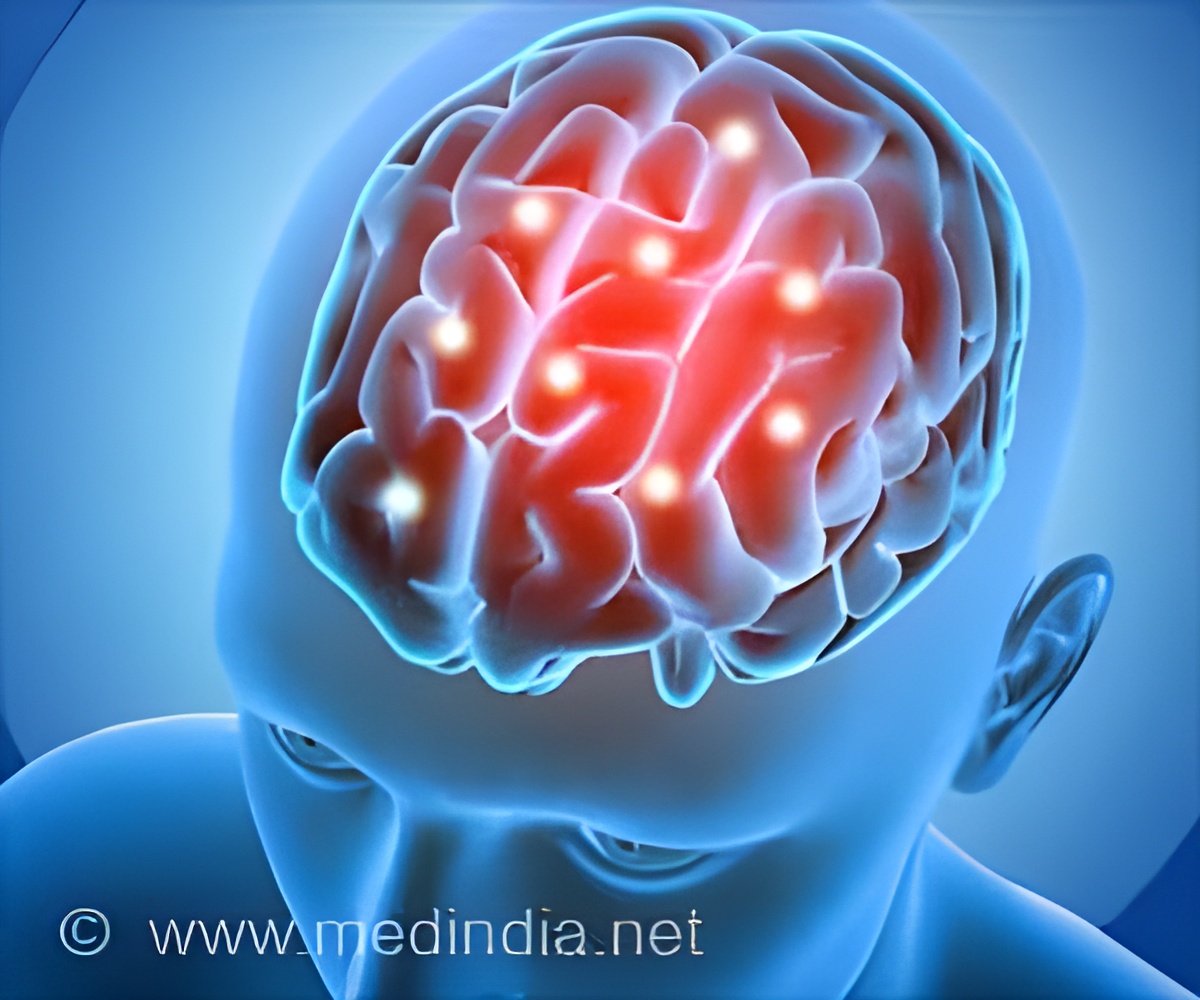Scientists uncover the role of the brain’s reward system in unpleasant or aversive situations.

In this context, the dopamine system informs our brains about so-called ‘reward prediction errors’ - the difference between received and predicted rewards.
Dopamine neurons become more active when a reward occurs unexpectedly or if it is bigger than expected, and they show depressed activity when we receive less reward than predicted. These error signals help us to learn from our mistakes and teach us how to achieve rewarding experiences.
‘Anticipation of unpleasant events in one’s life may also be predicted by the brain’s reward system — the dopamine system suggests a new study.’





Advertisement
Rewarding versus aversive stimuli
While a large number of studies have focused on the relationship between dopamine release and rewarding stimuli, few have looked at the effect of unpleasant and aversive stimuli on dopamine.Although the results of these few experiments have been inconsistent, it has become clear that aversive stimuli have an impact on the dopamine system
But there is an active debate among neuroscientists on what precise role dopamine neurons play in processing aversive stimuli: Does their activity change in response to aversive events? Do they predict aversive events? Do they encode an aversive prediction error?
Advertisement
New Findings on the Role of Dopamine in Aversive Events
A new study at the Netherlands Institute for Neuroscience has examined how the dopamine system processes aversive events.The team around Ph.D. student Jessica Goedhoop and group leader Ingo Willuhn exposed rats to white noise in combination with stimuli that predicted the white noise, while they measured the release of dopamine in the brain. White noise is a well-known example of an unpleasant auditory stimulus for rats.
The researchers found that the release of dopamine gradually decreased during exposure to white noise. Furthermore, after the consistent presentation, stimuli that occurred a few seconds before white-noise exposure began to have the same depressing effect on dopamine neurons.
However, in contrast to how it processes rewards, dopamine did not encode a prediction error for this aversive stimulus.
Advertisement
Dopamine System during Unpleasant Events
Overall, this new study demonstrates that the dopamine system helps the brain to anticipate the occurrence and duration of unpleasant events, but without taking prediction errors into account.Group leader Ingo Willuhn: “This is a very thorough and systematic study that takes a lot of variables into account. The results give us a better understanding of the role of dopamine release in processing aversive events. There is a growing interest in the role of dopamine in aversion. We used a novel aversive stimulus that enabled to conduct a more thorough analysis of dopamine than previously possible.”
Addictive drugs hijack and amplify dopamine signals and induce exaggerated, uncontrolled dopamine effects on neuronal plasticity. This study brings us closer to understanding the underlying mechanism behind this pathological phenomenon.
Source-Eurekalert









